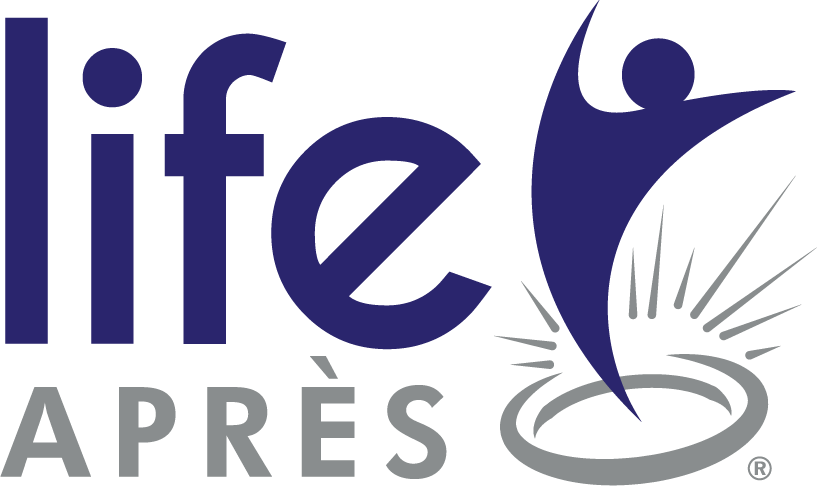The feeling of exclusion as a female in tech is a familiar one. I’m not an engineer, but I have a bachelor’s degree in business and am a self-taught digital marketing strategist.
As a female founder, I’ve raised more than $10 million dollars in the last 15 years. Even so, I’ll never forget what a VC said to me when I was fundraising in 2011: “I didn’t think a woman could write a business plan. It’s hard to believe.”
Shocking, I know. But the truth is, there are many ways to silence and minimize women’s contributions in tech, and it doesn’t help that we’re greatly outnumbered.
According to Burtch Works, 85% of data scientists are male. What’s more, only 18% of computer science bachelor’s degrees in 2016 were awarded to women, according to the National Center for Education Statistics. So, what can be done to help women make their mark in tech?
I’ve talked to hundreds of women about this subject. Most agree that while the obstacles to female career advancement are substantial, there’s also a lot of opportunity to lean on and learn from other women to get ahead.
Here are some of the biggest lessons I’ve learned from these discussions:
Perfection can be perfectly miserable.
We’ve all been in situations that required handing in a project that felt partially undone, or maybe not up to par with our full potential.
But some of the women I’ve talked to have been truly paralyzed by the fear of not being perfect. When I was younger, I felt like my work needed to be perfect or I was a failure.
Perfectionism isn’t uniquely a female trait, but it’s one that has come up time and time again in my conversations with women in tech.
There can be so much internal pressure to turn out high-quality work so that men take you and your work more seriously.
This is a tough one to overcome, but the truth is that perfection is in the eye of beholder. As long as the end result is usable, that’s generally good enough for enterprise applications.
Keep focused on the larger strategy to ameliorate the nagging influence of perfectionism.
You can do the work.
Have you ever been in the middle of a project or meeting only to suddenly be filled with doubt? Maybe you’ve told yourself something like, “I’m not nearly as good as the people around me and I’m terrified they’ll find out.”
So many women I’ve talked to have described being haunted by imposter syndrome, and some have said the feeling has stayed with them for years.
In particular, hierarchies can reinforce imposter syndrome because they are built to make someone feel like they should be below someone else.
Because only 15% of data scientists are female, it’s safe to say that most data science teams aren’t led by women. And without allies and mentors further up the chain, it’s easy to feel isolated and ineffective.
It’s always helpful to remember that your cumulative years of experience have led you to this point in your life.
But if you’re looking for external validation, the key is to break out of your mold. Going to meetups and networking events can help you see where your skill set fits into the wider community.
There’s a world outside your department, and you might just be one of the more talented ones in it.
You’re in good company as an introvert.
Let’s face it; data science is a profession full of introverts. With a solitary work cycle and lots of computer work, many data scientists can easily minimize human interaction.
Introversion has a host of benefits in the workplace, but at times it can also be isolating or even hindering to your career. Introverts don’t tend to self promote, whether to seek out mentors or ask a question.
That means they forgo opportunities for advancements and valuable advice.
Given that it’s very difficult to do anything all by yourself, alliances can help you in the workplace as well as life.
Just remember that you’re surrounded by other people in the same boat. Find the people who are doing the best work in your industry and start sharing your work with them.
Connect on the thing that you’re both passionate about — your careers.
We do better together.
No matter what you’re doing in data science, one thing is certain — you don’t have to do it alone. Female mentorship is important because you get a completely different perspective.
I know firsthand that the insecurities we may face aren’t quite as powerful when we share them with others.
By seeking out other women above you, you’re arming yourself with a powerful advisory board. And by mentoring junior women, you’re forging important friendships that make it easier when you need an extra hand.
So, you’re not alone in this. While I may not be able to stop men from questioning my work or saying insensitive things like that VC executive, I do have a large network of women who are available for mentorship.
Find a network that will keep you resilient in the face of adversity.
POST WRITTEN BY: Anna Anisin
Original post: https://www.forbes.com/sites/yec/2019/02/19/how-women-in-tech-can-build-solidarity-together/#4dae0dec55dd
